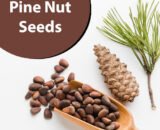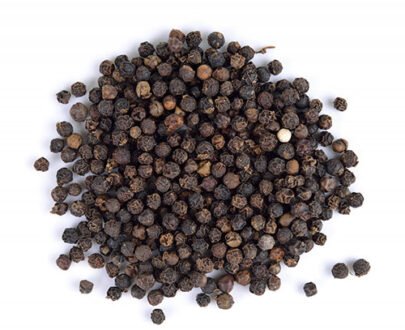Poppy – Organic Natural
Poppy: Poppy seeds, also known as “haşhaş” in Turkish, are the seeds of the poppy plant and are commonly used to flavor dishes and desserts. Here are some important details about poppy seeds:
Flavor and Texture: Poppy seeds have a mild nutty taste and a hint of citrus-like aroma. Their small size and crunchy texture add a delightful, granular layer to dishes and sweets.
Culinary Uses: Poppy seeds are used in various cuisines, especially as a topping for various bread, pastries, desserts, and salads. They are also used to add flavor to certain Asian dishes.
Nutritional Value: Poppy seeds are relatively rich in fats and proteins. They also contain fiber, vitamins, and minerals. However, because they are used in small quantities in most dishes, their nutritional impact is not very high.
Poppy Seed Paste: Poppy seeds are sometimes ground into a paste and used as a substitute for flour, especially in baked goods and desserts.
Health and Safety: Poppy seeds contain trace amounts of opiate compounds, but when used in typical culinary applications, they do not have adverse effects on human health. However, excessive consumption could lead to positive results in opiate drug tests.
Poppy seeds are a popular ingredient in various cuisines, known for enhancing the flavor and texture of dishes and desserts. Their delicious and distinctive aroma adds depth to many recipes.Poppy seeds are a nutritious food, and their nutritional content can vary slightly depending on factors such as variety and preparation method. Here are approximate nutritional values for a 1-ounce (about 28-gram) serving of poppy seeds:
Calories: Approximately 150-160 calories
Protein: Approximately 5 grams
Dietary Fiber: Approximately 4 grams
Total Fat: Approximately 10-11 grams
Saturated Fat: Approximately 1 gram
Monounsaturated Fat: Approximately 1.5-2 grams
Polyunsaturated Fat: Approximately 6-7 grams
Carbohydrates: Approximately 12-13 grams
Vitamins and Minerals:
Thiamine (Vitamin B1): About 0.2 milligrams (15% of the Daily Value)
Folate (Vitamin B9): About 30 micrograms (7.5% of the Daily Value)
Calcium: Approximately 140 milligrams (10-14% of the Daily Value)
Iron: Approximately 1.5-2 milligrams (8-10% of the Daily Value)
Magnesium: Approximately 70-80 milligrams (18-20% of the Daily Value)
Phosphorus: Approximately 120-130 milligrams (17-19% of the Daily Value)
Zinc: Approximately 1 milligram (9-10% of the Daily Value)
Poppy seeds are calorie-dense and contain a significant amount of healthy fats, particularly monounsaturated and polyunsaturated fats. They are also a good source of protein, dietary fiber, vitamins, and minerals, including thiamine (vitamin B1), calcium, iron, magnesium, and phosphorus. The exact nutritional values may vary based on the specific product and brand.










Customer reviews
Reviews
There are no reviews yet.
Write a customer review